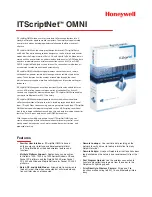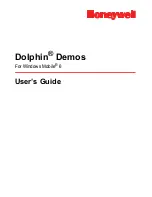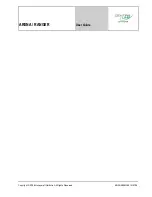
104
Kaspersky Anti-Virus for Novell NetWare
You can specify file masks separating them by spaces, e.g.:
*.exe *.com
. Any wildcards allowable in MS-DOS file names can
be used (for example, *.* means that files with all extensions will
be scanned).
•
All infectable objects
– scan all the files that can potentially be
infected.
2. If you wish to exclude some files from the scanning process, check
the
Excluded files
box and enter the desired file masks in the text
field on the right.
You can specify file masks separating them by spaces, e.g.:
*.tmp *.txt
.
3. If you wish to scan archive files check the
Archives
box (for more
details about extracting engine refer to section
B.2.1.2 on
page 105).
4. If you wish to scan packed executable files check the
Compressed
executables
box (for more details about the procedure of
extracting packed executables refer to section
B.2.1.3 on
page 105).
5. If you wish to scan the mail repository check the
Mail databases
box.
6. If you wish to scan mail format files check the
Plain mail formats
box.
You can enable the heuristic file-checking mode (see section B.2.1.1 on
page 104) to enable detection of viruses yet unknown to the program.
To do so, check the
Use code analyzer
box.
B.2.1.1. Code analyzer
Code analyzer
scans file and sector codes using different paths of the
Kaspersky
Anti-Virus
algorithm and detects virus-like instructions. If Code
Analyzer detects a sequence of commands like file opening, file writing, interrupt
vector intercept etc. such a file is considered
“
suspicious
”
and an appropriate
message is displayed.
Of course, like any heuristic algorithm, Code Analyzer can give false responses.
However, it has been tested with a very large number of objects and did not give
any real false response. If you ever experience false responses with uninfected
files, please send copies of these files to Kaspersky Lab for analysis.
















































